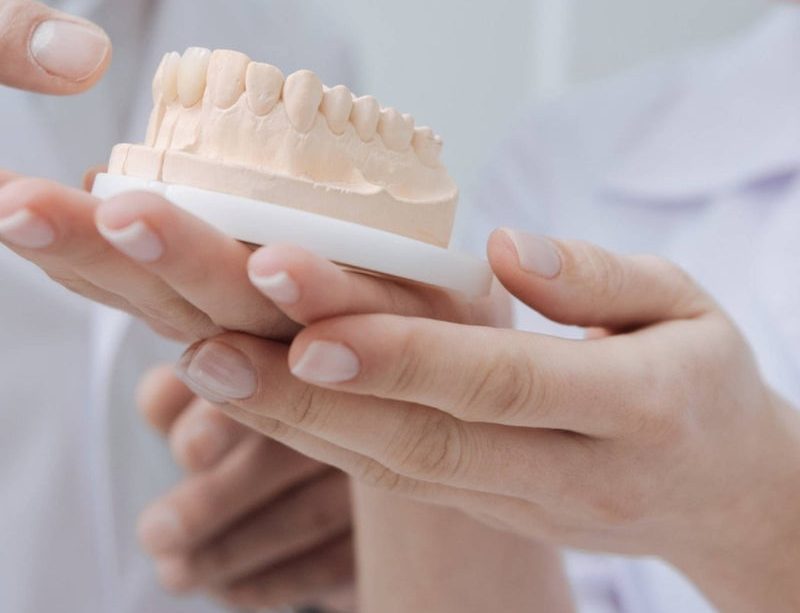The Silent Peril: Night Grinding and Its Impact on Your Health

night guard for teeth grinding
Introduction
While the act of grinding your teeth at night might seem harmless, the repercussions on your overall health can be significant. Many individuals are unaware of this nocturnal habit, known as bruxism, and its potential consequences. In this article, we’ll delve into the silent peril of night grinding, exploring its effects on both oral health and general well-being.

Unmasking the Nightly Culprit
Identifying Bruxism
Bruxism often goes unnoticed, as it occurs during sleep. However, common signs include waking up with a sore jaw, headaches, and increased tooth sensitivity. If left unaddressed, bruxism can lead to more severe issues, such as fractured teeth and strained jaw muscles.
The Connection to Stress and Anxiety
Stress and anxiety are major contributors to bruxism. The pressures of daily life can manifest unconsciously during sleep, causing individuals to clench or grind their teeth. Recognizing and managing stressors can play a crucial role in alleviating this nighttime habit.
Protecting Your Smile: Night Guards as a Solution
Night Guards: A Shield for Your Teeth
Night guards act as a protective barrier, preventing the damaging effects of teeth grinding. Custom-fitted night guards, in particular, offer optimal comfort and protection. By creating a barrier between your upper and lower teeth, these guards minimize the impact of grinding, preserving your tooth enamel and overall oral health.
Seeking Professional Guidance
If you suspect you’re grinding your teeth at night, consult with a dentist. They can assess the extent of the issue and recommend the most suitable night guard for your needs. Professional guidance ensures a tailored approach to addressing bruxism and its potential consequences.
Beyond the Night Guard: Lifestyle Adjustments
Stress Management Techniques
In addition to wearing a night guard, adopting stress management techniques can significantly reduce nighttime teeth grinding. Practices such as mindfulness, meditation, and relaxation exercises can help alleviate stressors that contribute to bruxism.
Sleep Hygiene
Improving sleep hygiene involves creating a conducive environment for restful sleep. Establishing a regular sleep routine, maintaining a comfortable sleep environment, and limiting caffeine intake before bedtime contribute to better sleep quality and may reduce the likelihood of teeth grinding.
Conclusion
Night grinding is a silent peril that can compromise both your oral health and overall well-being. night guard for teeth grinding, and adopting lifestyle adjustments are crucial steps toward mitigating the impact of bruxism. By taking proactive measures, you can safeguard your smile and promote a healthier, more peaceful night’s sleep. Don’t let the silent peril of night grinding go unchecked—prioritize your oral health today.
















